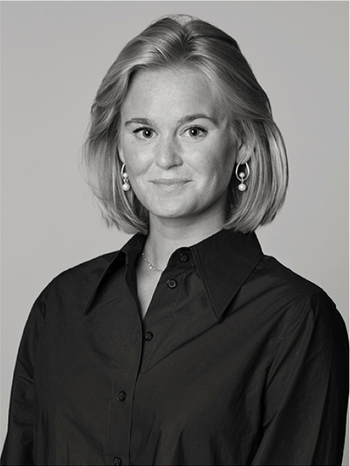Maxim Kantor
"Coat and hat"
Signed Maxim and also signed and dated -98 verso. Canvas 200 x 70.5 cm.
Provenance
Acquired directly from the artist.
Thence by descent to present owner.
Artist
Born in Moscow in 1957, Maxim Kantor is a Russian-born painter, today German citizen, draughtsman, sculptor, writer, essayist and art historian.
As an artist, Kantor never joined any group or move ment, rather promulgating his own independent message. The major theme of the artist’s creative oeuvre is the analytical treatment of condition of the Russian and Western society within the framework of the historical, genre and portrait images.
The evidently expressed social trend of Maxim Kantor’s art, that traces back to the tradition of the Critical realism of the 19th century, finds its embodiment in the expressive plastic language based on the dislodgements of the forms and intense contrast combinations of colors.
In his paintings Maxim Kantor aspires for visualization of structure of the modern social world order and of the power that in evident or concealed form determines the human fates.
Already during the Soviet era, he became an observer of Russian society and a critic of its political system. For years, he has been working on a concept that he himself describes as “man towards society”.
Read more

















































